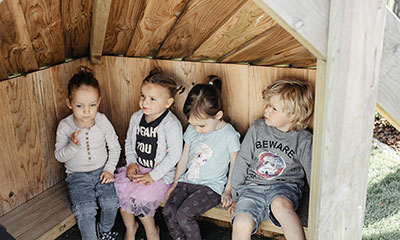Supporting children’s self-regulation in a social world
2 hours – $599
Self-regulation is the act of managing thoughts and feelings to enable appropriate actions. For example; finding ways to cope with strong feelings so they don’t become overwhelming; learning to focus and shift attention; and successfully controlling behaviours required to get along with others.
Supporting self-regulation in young children ought to be a priority for any ECE teacher. Focusing on self-regulation is an investment in later success, because strong self-regulation in the early years correlates with healthy emotional stability, good performance in school, satisfactory relationships with others, and fewer behavioural difficulties.
Young children’s self-control skills — such as conscientiousness, self-discipline and perseverance — predict their health, wealth and criminal history in later life regardless of IQ or social background (The Dunedin Study, 2011).
Supporting children to become socially competent citizens and lifelong learners is a key objective of Te Whāriki and self-regulation is integral to this.
This workshop will include:
- examination of your current responses to children’s behaviour.
- an introduction to teaching strategies and curriculum that support children’s self-regulation and social competence.
- identification of what self-regulation looks like at different stages of early childhood.
- how to support parents in encouraging self-regulation with their children.
We also deliver this material in webinar form accessible here. Should you choose this option we recommend a facilitated follow up meeting, either via Zoom or face to face, to contextualise your learning for your team. Email bridgit@inspired-ece.co.nz to make arrangements.

